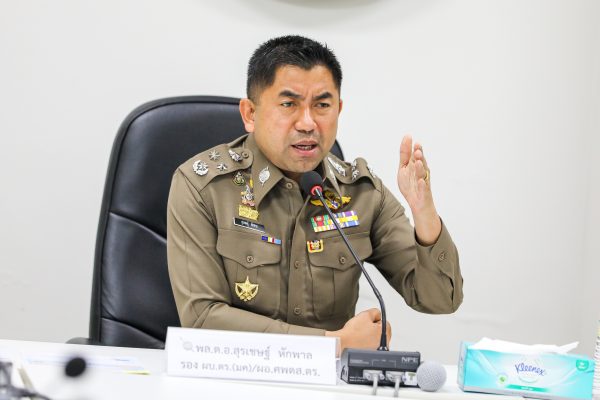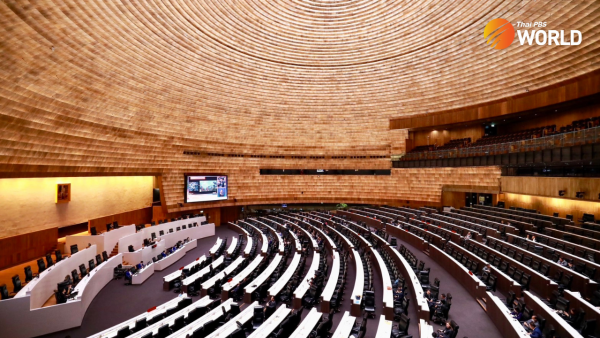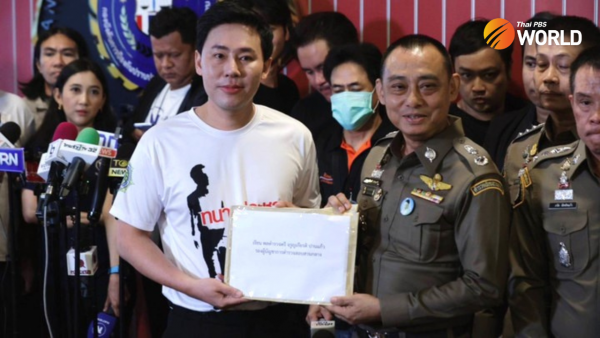Reuters reporters’ sentencing, as it unfolded in the courtroom

YANGON (The Irrawaddy) — For possessing the phone number of an officer in an ethnic armed group, the itineraries of visits to Rakhine by Pope Francis and Vice President U Myint Swe, and police reports of violence in northern Rakhine State, Reuters reporters Wa Lone and Kyaw Soe Oo were convicted of violating the Official Secrets Act and sentenced to seven years’ imprisonment by Yangon’s Northern District Court on Monday morning.
The colonial-era Inn Sein Court Building was crowded with diplomats, reporters, activists and the accused’s relatives, who were on hand to see the resolution of a case that has been closely monitored by both the international and local communities since the surprise arrest of the pair in Htauk Kyant on the outskirts of Yangon on Dec. 12, 2017. Before their arrest the pair was investigating the massacre of 10Rohingya men in Rakhine State’s Inn Din village by a group of local villagers, police and Army troops. The following month, the Army announced that seven soldiers had been sentenced to 10 years in prison with hard labor in a remote area of Myanmar for participating in the mass killing.
The killings happened during the military’s month-long clearance operations of Rakhine State’s Rohingya communities following militant attacks on security outposts. The United Nations says the military crackdown has sent nearly 700,000 people fleeing to Bangladesh.
Since their arrests, the two journalists have appeared at numerous trial hearings. This Irrawaddy reporter was allowed to witness the handing down of the verdict in a 50-foot-wide courtroom with a CCTV camera mounted in each corner. As the session began, Northern District Court Associate Judge U Ye Lwin entered the room, then read submissions from the prosecutor and defense lawyers, statements from suspects Wa Lone and Kyaw Soe Oo, and the findings of the Criminal Investigation Department (CID). This took one-and-a-half hours.
The judge said CID officers had found on the reporters’ mobile phones the travel itinerary and security deployment information relating to Pope Francis’ visit in November 2017, and the travel itinerary for Vice President U Myint Swe’s trip in August 2017. He said both of these were considered top secret documents.
Defense lawyers had earlier claimed that reports of the violence in northern Rakhine State and the itineraries of the pope and the vice president were not secrets as they had already been published in newspapers. The judge announced that this argument was invalid because the newspapers only carried brief announcements the visit of the vice president to northern Rakhine. He also said the classified documents of security forces referring to security reinforcements, causality reports and arson attacks in northern Rakhine’s Maungdaw Township that were found on the reporters’ mobile phones had not been published in newspapers.
Police Captain Moe Yan Naing, who was a key witness in the case, earlier testified that his superior officer Brigadier General Tin Ko Ko ordered him and his colleagues to arrest the reporters and charge them with violating the Official Secrets Act, but the prosecutor declared him a hostile witness and abruptly sentenced him to one year in prison for violating police discipline.
Judge U Ye Lwin cited the News Media Law’s Article (6) (a), drafted by former information minister U Ye Htut. It states that journalists can request documents from authorities with the exception of orders or instruction letters containing information on security matters, including statistics, photographs and records. He also cited the Media Code of Conduct’s section (3) (b), which deals with the way media professionals handle sensitive information.
He said the classified documents from security forces found in their possession and on their mobile phones showed that the two suspects had violated both the News Media Law and Code of Conduct repeatedly. He said it also had to be taken into consideration that the content of the documents was related to security matters and could be useful, either indirectly or directly, to insurgent groups.
“The suspects did not act as ordinary journalists; they acted together with the intent of harming the interest of the state or state security,” U Ye Lwin said.
He concluded that these facts, as well as the attitudes of the suspects and the submissions of the prosecutor constituted sufficient evidence that the suspects breached the Official Secrets Act’s Article 3 (1) (c). He sentenced them to seven years’ imprisonment for violating the Act, adding that their time in detention so far would count towards their sentence.
Myanmar Press Council (MPC) member U Myint Kyaw pointed out that Article (6) of the News Media Law enshrines the rights — rather than the restrictions or potential legal punishments — of media organizations, and suggested that perhaps the judge had interpreted the law as he wished. While acknowledging that he is not a legal expert, U Myint Kyaw said that inappropriately citing the News Media Law and Media Code of Conduct while sentencing the Reuters reporters was “dishonest”.
U Myint Kyaw said, “Some lawyers say there might be a danger of classified [documents] falling into enemy hands if the arrest occurred in an armed conflict situation,” as opposed to being arrested in Yangon, as the Reuters reporters were.
Within a few seconds of the announcement, police led the convicted pair away in handcuffs. As they did, the mother of Kyaw Soe Oo wept in the courtroom.
Wa Lone raised his hands and told his Reuters colleagues in the courtroom: “It’s OK. You know what we did. I have no feeling [about this conviction]… I believe in justice and democracy.”
Before he and Kyaw Soe Oo were escorted to Inn Sein Prison, he cried out, “We were unfairly treated” and “We are sentenced now for having the phone number of [Arakan Army (AA) official] Ko Nyo Tun Aung. And we are jailed for possessing the travel itinerary of vice president U Myint Swe [to northern Rakhine]. Is this fair for us? This is directly threatening and violating the freedom of the press in Myanmar as well as the democratic system.”
AA Vice Chief of Staff Nyo Tun Aung could not be reached for comment for this article by press time on Monday.
Defense lawyer U Than Zaw Aung told reporters that the defense consistently told the judge that a map related to Pope Francis’ trip in the reporters’ possession was not an official document issued by the Myanmar government; in fact, it was downloaded from a German website. Moreover, details of the trip of the vice president to northern Rakhine State could easily be found on social media. However, the judge even included these points in his conclusions and cited them in his decision to imprison the pair for 7years, the lawyer said.
Defense lawyers said they would appeal the decision to a higher court.
“We are total disappointed with today’s conviction. This conviction shows that we are in a bad condition, despite the appearance that the country is heading for a functioning democratic system, freedom of expression and rule of law,” U Than Zaw Aung said.
Criticizing the judge’s citing of the Media Law and Code of Conduct in his conclusion, Myanmar Press Council (MPC) member U Myint Kyaw said that maintaining secret information is the responsibility of official organizations; being found in possession of these documents should not be a problem, he said. If a media organization publishes the information, the relevant ministry can complain about the report if it finds a factual problem.
U Myint Kyaw said the case was “apparently a trap” set by police, pointing to the fact that the documents were given to the reporters by police, who then arrested the pair immediately. Moreover, he pointed out that simply finding out the phone number of a top AA leader and the travel itinerary of Pope Francis should never be considered possession of state secrets.
“If they really label such kind of information as top secret, then more than 100 journalists could be arrested. This is nonsense. If they want to do so, they can put us all behind bars.” – By Moe Myint of The Irrawaddy






